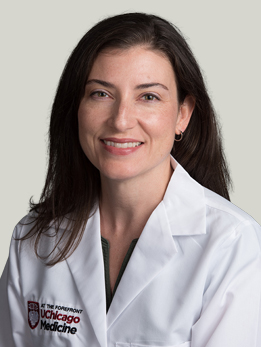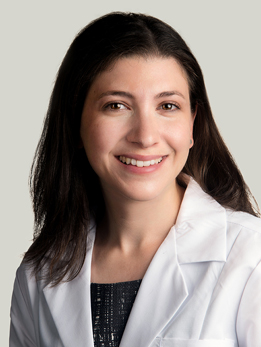
ECHO-Chicago: Pain Management & Opioid Use Disorder in Older Adults-Fall 2022
The Opioid Use and Pain Management in Older Adults (I-COPE) program is an intervention that offers providers a set of tools for more effective and efficient geriatric pain, opioid, and OUD management. The I-COPE program aims to evaluate the integration of shared decision-making, patient-centered clinical decision support tools, and the ECHO model to address the critical need to integrate effective treatment for older adults with chronic pain, opioid use, and OUD. Patient-centered clinical decision support (PCCDS) tools provide clinicians with information at the right time and tailored to the individual patient, improving communications, care, and patient-provider satisfaction. Shared decision-making (SDM) is a highly effective collaborative framework when there are many choices and uncertainty about the optimal treatment choice.
ECHO-Chicago in partnership with I-COPE principal investigators has developed an 8-week curriculum to offer more geriatric clinical content and EHR updates with real-world cases. Each session will include didactic topics delivered by an interdisciplinary team of content experts, and two 15-minute problem-solving exercises using real-world cases brought by participating PCPs. PCPs will review how they can use the I-COPE Program toolkit with each case. Didactic content will include a walkthrough of the PCCDS and education on the demographics of pain and OUD, special considerations for pain management (e.g., cognitive impairment, functional impairment, social determinants, and caregivers), principles of SDM and assessing patient preferences, pharmacology and pain medications, non-pharmacologic pain management options, and recognition and management of OUD.
Target Audience
Learning Objectives
After this activity, participants will be able to:
- Describe how to assess pain in and set functional pain goals with older adults;
- Recognize unique considerations for managing pain in older adults, such as cognitive and functional impairments, pharmacokinetics, adverse drug events, and common types and chronicity of pain;
- Identify shared decision-making techniques for managing pain in older adults;
- Discuss multimodal and non-pharmacologic approaches to pain management in older adults;
- Select appropriate pharmacologic approaches to pain in older adults;
- Explain how to mitigate risks to older adults when prescribing opioids;
- Summarize how to assess risk factors for opioid use disorder in older adults;
- Reiterate how to treat opioid use disorder in older adults.
- 8.00 AMA PRA Category 1 Credit™
- 8.00 Participation
Agenda subject to change.
WANT TO KNOW MORE?
ACCESSIBILITY The University of Chicago is committed to providing equal access appropriate to need and circumstances and complies fully with legal requirements of the Americans with Disabilities Act. If you are in need of special accommodation, please contact ECHO-Chicago via e-mail via at [email protected].
The University of Chicago reserves the right to cancel or postpone this conference due to unforeseen circumstances. In the unlikely event this activity must be cancelled or postponed, the registration fee will be refunded; however, The University of Chicago is not responsible for any related costs, charges, or expenses to participants, including fees assessed by airline/travel/lodging agencies.
UNIVERSITY OF CHICAGO COURSE DIRECTORS
As a provider accredited by the ACCME, The University of Chicago Pritzker School of Medicine asks everyone in a position to control the content of an education activity to disclose all financial relationships with any ineligible companies. This includes any entity whose primary business is producing, marketing, selling, re-selling, or distributing healthcare products used by or on patients. Financial relationships are relevant if a financial relationship, in any amount, exists between the person in control of content and an ineligible company during the past 24 months, and the content of the education is related to the products of an ineligible company with whom the person has a financial relationship. Mechanisms are in place to identify and mitigate any relevant financial relationships prior to the start of the activity.
Additionally, The University of Chicago Pritzker School of Medicine requires Authors to identify investigational products or off-label uses of products regulated by the US Food and Drug Administration at first mention and where appropriate in the content.
The University of Chicago Pritzker School of Medicine is accredited by the Accreditation Council for Continuing Medical Education (ACCME) to provide continuing medical education for physicians.
The University of Chicago Pritzker School of Medicine designates this live activity for a maximum of 8 AMA PRA Category 1 Credits™. Physicians should claim only the credit commensurate with the extent of their participation in the activity.
Other healthcare professionals will receive a Certificate of Participation. For information on the applicability and acceptance of Certificates of Participation for educational activities certified for AMA PRA Category 1 Credit™ from organizations accredited by the ACCME, please consult your professional licensing board.
Claiming Credit: Enter the access code to unlock the credit claiming process.
Please Note: The credit claiming process will close three months after the conference end date. Requests to claim credit after three months will be subject to additional fees.

 Facebook
Facebook X
X LinkedIn
LinkedIn Forward
Forward

